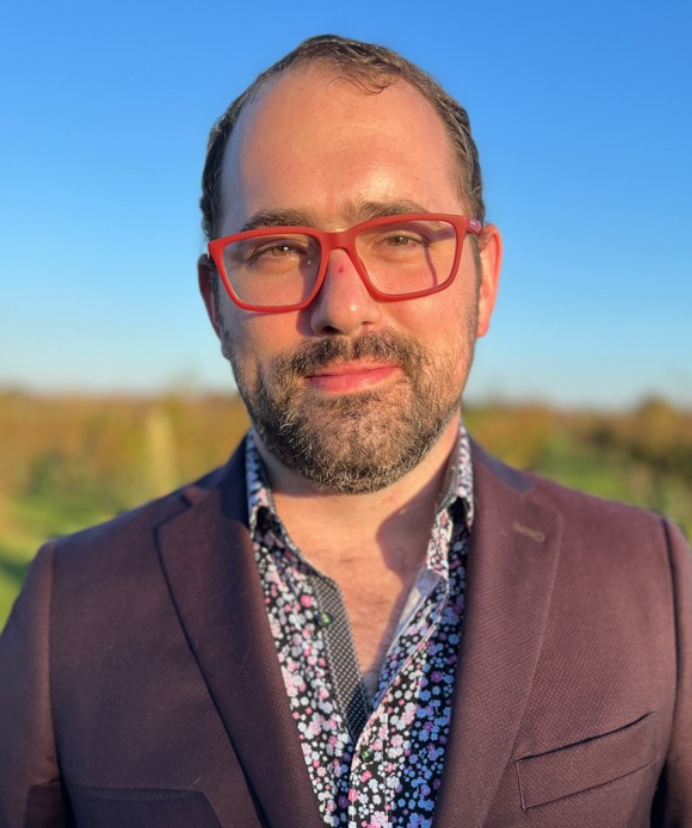Ali Noorani
Ali Noorani offers his perspective on the 2020 election, immigration, and public health in light of his book, There Goes the Neighborhood.

Read Time: 4 minutes
Published:
Ali Noorani has more than a decade of successful leadership in public policy advocacy, non-profit management, and coalition organizing, across a wide range of issues. As a key figure among a new generation of national leaders, he continues this mission as executive director of the National Immigration Forum, advocating for the value of immigrants and immigration to the nation. Noorani offers his perspective on the 2020 election, immigration, and public health in light of his book, There Goes the Neighborhood.
Public Health Post: In your book There Goes the Neighborhood, you wrote about the way that schools are a touch point for immigrant families to establish a new sense of community. The Covid-19 pandemic forced indefinite, nationwide school closures. How are these communities adapting to these changes?
Ali Noorani: In this time of Covid-19, we’re all more insulated. There are those of us who are fortunate enough to be working from home or studying from home. With that comes a natural kind of social network. By no means is it as broad as a social network that comes in place when we’re all out and about. If your job has ended, if your child’s school is closed, if your church is no longer offering services on the weekends, low-income communities, immigrant communities are even more isolated. That means they’re not just isolated from each other and from the institutions that serve them, but they’re also isolated from folks who are outside of the immigrant community.
In 2012, you published a letter on CNN written to presidential candidates Mitt Romney and Barrack Obama. You outlined several recommendations required for immigration reform. If you wrote a similar recommendation letter in 2020 to presidential candidates Donald Trump and Joe Biden, what would you say?
I would say first and foremost that Covid-19 has brought into pretty clear relief for the public of the essential nature of the immigrant workforce. I think that whether it’s the farm worker, the food processor, the doctor, the nurse, the driver, it’s pretty clear that immigrants are part and parcel of the response and the recovery to Covid-19. So I think one of the most important things that either Trump or Biden could do is to legalize the undocumented immigrant workforce. Make sure that these individuals who are living and working underground at this point can attain the full rights and protections of legal status and eventually citizenship.
Your work focuses on the shared culture and a common set of values between native-born Americans and both documented and undocumented American immigrants. How can these lessons be applied to other areas of public health that are not focused on immigration?
There are a shared set of values around maternal and child health, around poverty. I think that the language may be different, but ultimately, I think all people care about or can come to understand that they should care about family. They should care about poor people and the fact that low-income folks, unless we get the systemic changes, are going to have worse health outcomes, which undermines all of our ability to prosper. I do think that there are multiple issues that cut across the local spectrum if you can talk about them through a values framework.
How do you bring the issue of immigration to those who might know little about it?
Our perception of politics is that people are one-issue voters. I think that that is slowly starting to change. Let me give you example from the border. In the summer of 2018, the Trump administration moved forward with its strategy to separate families at the border who were seeking asylum from Central America. There was a delegation of evangelical women, conservative women who went to the border, met women, met children. And one particular woman whom I’ve gotten to know, her name is Tess Clark. In an interview with The New York Times, she says something like, “The baby at the border is as important as the baby in the womb.” People who feel strongly about a question like abortion can feel strongly in the context of immigration because ultimately immigration is about people. In the immigration policy space, we’ve got to become much more comfortable with creating coalitions and alliances.
Photo courtesy of Ali Noorani



